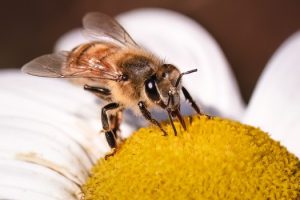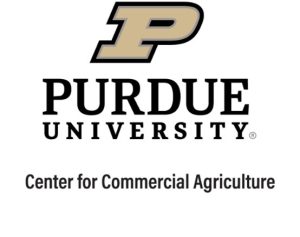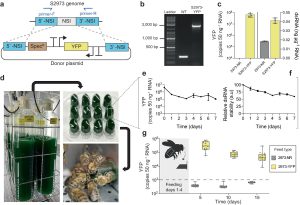Legislation Aims to Protect U.S. Food Supply by Saving Pollinators

Pollination is crucial to more than 1,200 food crops. It nourishes nearly 200,000 different plants that yield various oils, cotton, seeds, and vegetables. (Victoria Virgona)
Danielle Smith, Producer
Tennessee is home to 350 species of bees and some of them are in trouble.
Bees and other pollinators are on the decline across the country, and some members of Congress are proposing new rules to protect them. The reintroduction of the Saving America’s Pollinators Act aims to protect bees, birds, butterflies, bats and hummingbirds by addressing the effects of pesticides and other toxins on their habitats.
Lori Ann Burd, environmental health director at the Center for Biological Diversity, said the bill would increase the collaborative role for the new Center for Pollinator Conservation and give the public a voice in science-based decision-making. She stressed saving pollinators is essential for the future of food production.
“One amazing thing about pollinators is that we all recognize we need them,” Burd explained. “One in every three bites of food that we eat needs insect pollination, and we know that our lives without pollinators would be infinitely more bleak.”
Burd argued it is an issue anyone should be able to rally behind, but this is the fifth time the Saving America’s Pollinators Act has been introduced in Congress in the last decade.
In Tennessee, the Department of Transportation is doing its part with a Pollinator Habitat program, which includes giving away milkweed seeds for planting to attract monarch butterflies.
Burd pointed out the current legislative effort coincides with the Environmental Protection Agency’s plan to implement safeguards for 27 of the most vulnerable endangered species, including some pollinators, from pesticides.
“The plan the EPA has released is really an innovative new plan to tackle the threat of pesticides to the endangered species that are most imperiled by pesticides,” Burd noted. “The list includes birds, fish, plants, mammals; all species that are especially impacted by pesticides.”
She encouraged people to put flowering plants in their yards and gardens, especially native plants, as pollinators rely on a wide range of plants to meet their basic needs.
We are here to share current happenings in the bee industry. Bee Culture gathers and shares articles published by outside sources. For more information about this specific article, please visit the original publish source: Legislation Aims to Protect U S Food Supply by Saving Pollinators / Public News Service






